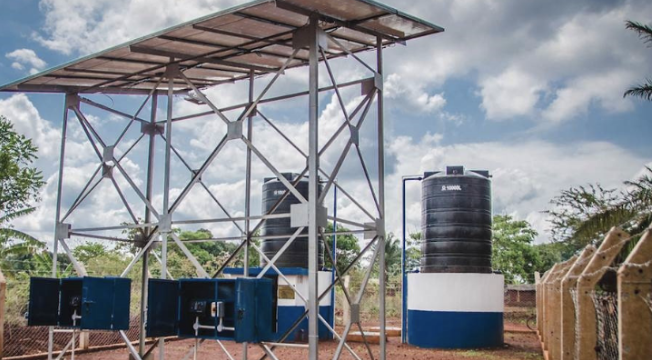
Description
A facilitated edition of this course was delivered between September and November 2019. Course contents are now open to all interested persons at no costs. To access course contents you only need to be registered in Cap-Net´s Virtual Campus.
It is widely believed that solar powered solutions will play a critical role in achieving the ambitious Sustainable Development Goals, particularly those related to rural water supply. However, unless solar powered water systems (SPWS) are implemented and supported effectively, the benefits of the technology will not be realized and existing challenges will only be amplified.
This course aims to address common misconceptions regarding SPWS, raise awareness and increase utilization of existing standards and reference materials, and ultimately improve sustainability and impact of SPWS.
About this Course
The Sustainable Development Goals are driving global efforts to increase water service levels and food security, expand rural electrification, and ensure no vulnerable population is excluded from accessing basic services. In this context, national water supply strategies are increasingly relying on solar powered water systems (SPWS) for rehabilitating, upgrading, and developing new infrastructure and building resiliency against climate change. However, misconceptions and capacity gaps persist. National policies often fail to create a healthy enabling environment for the technology. Existing international standards and reference materials are underutilized, leading to inadequate dimensioning, installation, and maintenance. Unless SPWS are implemented and supported effectively, the benefits of the technology will not be realized and existing water supply challenges will only be amplified.
This open course aims to address common misconceptions regarding SPWS, raise awareness and increase utilization of existing standards and reference materials, and ultimately improve sustainability and impact of SPWS and ultimately improve sustainability and impact of SPWS. The content of this course was developed in collaboration with seasoned experts from UNICEF, Water Mission, IWMI, IOM, Oxfam, Practica Foundation, the University of Texas at Austin, USGS, and Engineers Without Borders.
Course Objectives
By the end of the course participants will
- Understand opportunities, risks, and common barriers to sustainability associated with SPWS
- Appraise the existing capacity gaps for effective SPWS programming in their own professional context
- Apply existing standards, guidelines, and best practices for SPWS in their own professional context
Self-paced
12 hours
English
